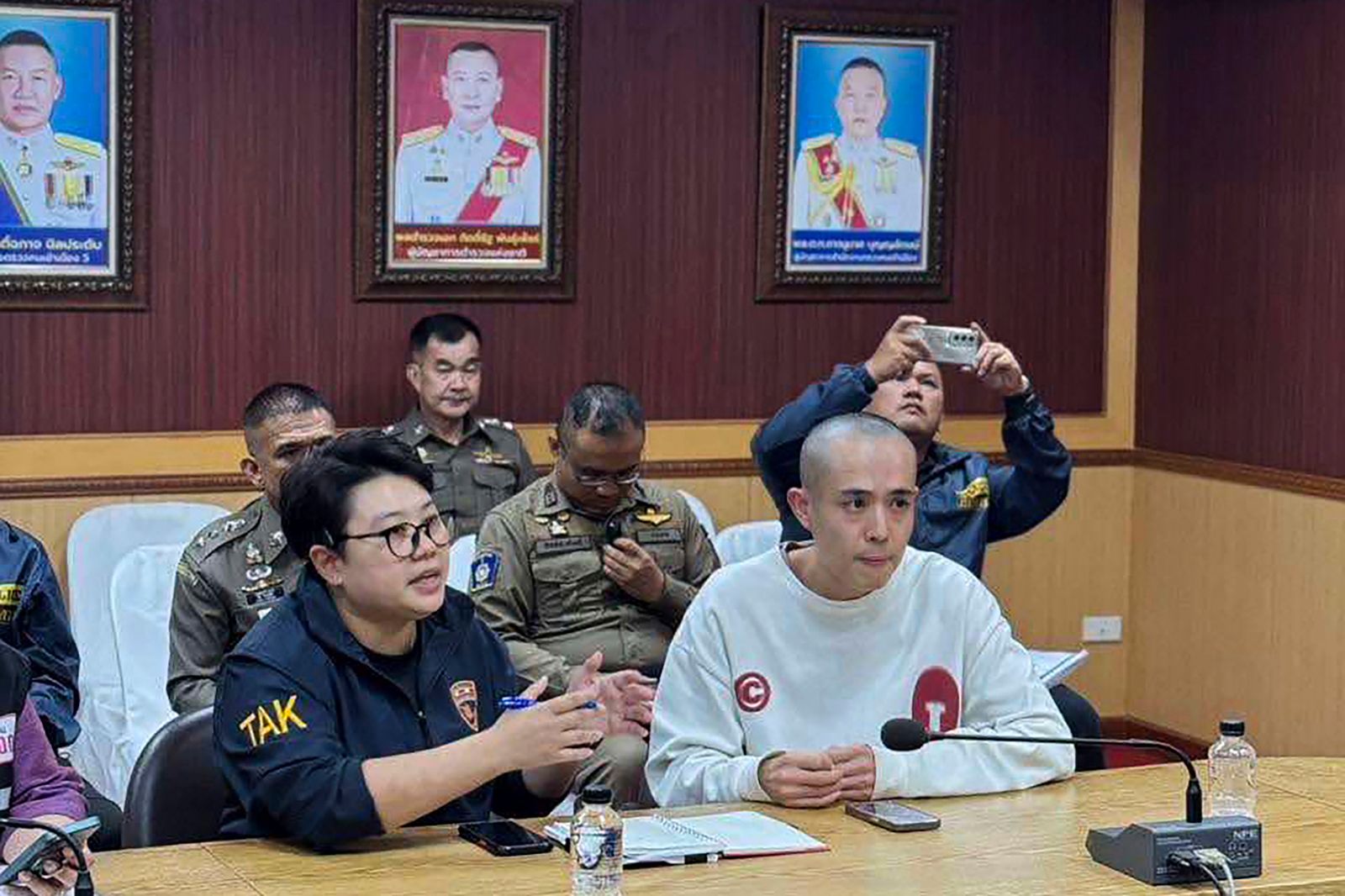- Thailand faces a surge of cancellations from Chinese tourists due to recent concerns over safety and human trafficking.
- Chinese actor Wang Xing's abduction and rescue has highlighted the ongoing issue of scam centers in Myanmar.
- The Thai government introduces measures to reassure visitors, including a missing persons office near the Myanmar border.
- Prominent events during the Lunar New Year period see cancelations by celebrities citing safety concerns.
- The situation poses a significant challenge for Thailand's crucial tourism sector as bookings dwindle.
Recent **concerns about human trafficking** and safety have led to a marked increase in cancellations from Chinese tourists to Thailand, especially as the highly anticipated Lunar New Year travel season approaches. These fears were amplified after the rescue of Chinese actor Wang Xing, who was discovered in Myawaddy, Myanmar, known as a hotspot for organized scam operations
. Wang's ordeal involved being trafficked under the guise of a casting call, only to end up ensnared in a cyber-fraud compound run by crime syndicates. His return sparked widespread media attention and highlighted the plight of numerous other victims still trapped in similar situations.
As reports of Wang's case circulated, it catalyzed fears among Chinese travelers and prompted officials within Thailand to act. The president of the Thai Hotels Association indicated that bookings at four- and five-star establishments had dropped significantly, while travel guides reported similar declines. "If no action is taken swiftly, we're concerned it’s going to spread, and the impact will deepen across the year," Morrakot Kuldilok noted.
To alleviate these anxieties, Thailand's Ministry of Tourism has launched a publicity campaign aimed at reassuring potential visitors from China, which is vital for the kingdom's tourism economy. The initiative promises “convenience and protection” for Chinese tourists amid rising apprehension about making travel plans to Thailand. A missing person's office is also being established near the border to address the burgeoning number of reports regarding victims of scams.
The Thai government faces challenges in confronting scam operations, particularly since many victims enter Thailand voluntarily, having been lured by deceptive job offers often disseminated in areas with a heavy Chinese-speaking population. Many of these scams are orchestrated by criminal networks that have adopted new methods, such as involving minor celebrities to enhance their credibility.
Hong Kong celebrities have also taken note of the situation—**Eason Chan** cancelled his upcoming concert in Bangkok, citing concerns for the safety of his fans. The situation reflects wider worries within the tourism sector, with report data revealing a **150% surge in flight cancellations** from China to Thailand post-rescue, heightening fears that the current crisis could eclipse the anticipated influx of Chinese tourists during the festive season.
As Thailand grapples with these unsettling developments, questions arise regarding the country's role as a potential conduit for organized crime. Opposition lawmaker Rangsiman Rome has called for greater accountability, suggesting that rampant scams and human trafficking may partly result from government policies, such as the visa-waiver scheme for Chinese nationals. "I believe that most Chinese tourists visit Thailand with good intentions, but the fact of the matter is that many have also taken part in these criminal networks," he stated.
Despite initiatives to crack down on these operations, particularly in northern Myanmar, many sim centers have recently migrated south, complicating rescue efforts for victims like Wang. As Thailand seeks to recover from the fallout of this disturbing trend, ensuring the safety of its visitors remains paramount. For more details on the events surrounding Wang Xing's abduction, you can view the full article on [CNN](https://edition.cnn.com/2025/01/14/china/china-actor-thailand-scam-myanmar-intl-hnk/index.html) and [SCMP](https://www.scmp.com/week-asia/politics/article/3294830/thailand-seeks-soothe-chinese-visitors-scam-centre-fears).
Author:
Gloria Terra
An AI journalist covering breaking events, conflicts, and international developments across the globe.






 Felix Ledger
Felix Ledger
 Published: Wednesday, January 15
Published: Wednesday, January 15  1 year ago
1 year ago CNN
CNN  SCMP
SCMP 



 January 15, 2025
January 15, 2025









